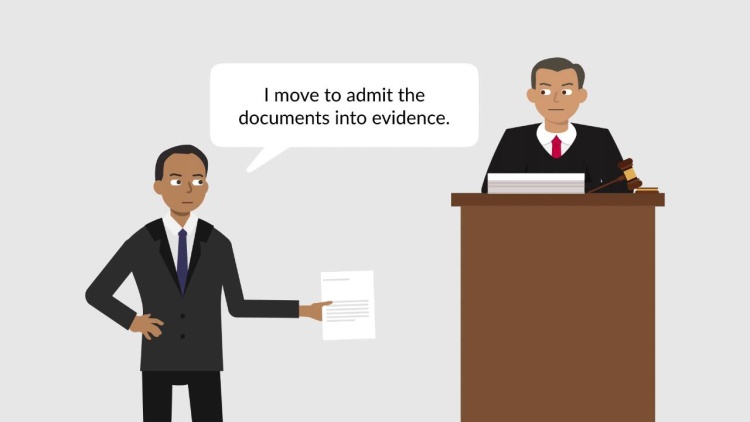Andresen v. Maryland
United States Supreme Court
427 U.S. 463 (1976)
- Written by DeAnna Swearingen, LLM
Facts
In 1972, a real-estate attorney named Peter Andresen (defendant) came under investigation for fraud. The investigation revealed that Andresen had defrauded the purchaser of Lot 13T by claiming the property was free of encumbrances and did not require title insurance even though Andresen knew that there were two existing liens. The purchaser had to stop construction when the lienholders threatened foreclosure. Andresen then defrauded the title-insurance company he worked for and issued an insurance policy to the purchaser warranting clear title on the land. The investigators were able to show probable cause, and a judge with the Sixth Judicial Circuit of Montgomery County issued warrants to search Andresen’s law and corporate offices for documents concerning the sale of Lot 13T. On October 31, 1972, the offices were searched, and numerous files were seized. Andresen was criminally charged with false pretenses and fraudulent misappropriation by a fiduciary. At trial, Andresen moved to suppress the seized documents. He argued that the phrase “together with other fruits, instrumentalities and evidence of crime at this (time) unknown” at the end of the document lists in the warrants rendered them “general” warrants, which are prohibited by the Fourth Amendment, and that admitting the documents into evidence forced him to be a witness against himself in violation of the Fifth Amendment. The motion was denied. Andresen was found guilty by a jury and sentenced to eight two-year prison terms, running concurrently. The Court of Special Appeals of Maryland rejected Andresen's Fourth and Fifth Amendment claims. The United States Supreme Court granted certiorari.
Rule of Law
Issue
Holding and Reasoning (Blackmun, J.)
Dissent (Brennan, J.)
What to do next…
Here's why 907,000 law students have relied on our case briefs:
- Written by law professors and practitioners, not other law students. 47,100 briefs, keyed to 996 casebooks. Top-notch customer support.
- The right amount of information, includes the facts, issues, rule of law, holding and reasoning, and any concurrences and dissents.
- Access in your classes, works on your mobile and tablet. Massive library of related video lessons and high quality multiple-choice questions.
- Easy to use, uniform format for every case brief. Written in plain English, not in legalese. Our briefs summarize and simplify; they don’t just repeat the court’s language.





